The movement of globalization, financial transaction environment and capital flows in the context of changing international relations create new opportunities and challenges, requiring constant response and change of the global financial management system.
 |
| The global financial governance system is under great pressure to reform and overcome shortcomings. (Source: Indiamart) |
The global financial governance system is the worldwide framework of formal and informal legal agreements, institutions and economic actors that jointly develop rules and practices related to the international flow of financial capital between countries, for investment, trade or other development purposes.
From a geo-economic and political perspective, the impact of five main factors on the global governance system, including: Changing the balance of power in the world economic situation; the situation and policies of major economies; digital transformation trends; green growth trends; international economic integration and linkages, have created four major governance trends in the world economy.
Strengthening the “voice” of developing countries
Recent discussions at international forums such as the United Nations (UN), the Group of 77 (G77), the Group of 20 (G20), the International Monetary Fund (IMF), the World Bank (WB), etc. have highlighted the limitations of the current international structure of development finance, in the context of closely related crises, from climate change to the cost of living, or the debt crisis of developing countries, etc.
In particular, developing countries continuously call for reform of the global financial system towards inclusiveness and comprehensiveness, calling for strengthening the role and voice of developing countries in the decision-making process of current financial institutions.
At the UN, Secretary-General Antonio Guterres assessed that the current international financial structure is unfair, and that it is necessary to ensure financial access for developing countries and promote the mobilization of domestic resources; calling for increased international cooperation and public-private partnership to respond to the significant decline in global economic growth, rising inflation, and the looming debt crisis that is severely impacting these economies.
The global financial governance system is under great pressure to reform, to overcome shortcomings and limitations, especially to be consistent with the new economic and financial order and the globalization trend. Accordingly, the voice of developing countries needs to be further strengthened. Next, increase the quota of developing countries in the Bretton Woods systems (WB, IMF...); diversify the conditions for withdrawal/lending to be more suitable for developing countries; require fairer credit rating systems for developing countries, taking into account their specific conditions when applying the rating criteria.
Promoting the role of developed countries
At global financial governance frameworks, countries also called on developed countries to strengthen their roles and responsibilities towards new global issues and trends, such as green growth and digital transformation, to promote becoming new growth drivers of the global economy.
Specifically, developed countries are called upon to contribute more to climate action programs to compensate for environmental damage during previous development processes; at the same time, provide financial support to poor and developing countries to reduce the digital and technological gap...
Global Minimum Tax and Cooperation to Combat Revenue Erosion
Global tax cooperation has recently become more active through the implementation of the global minimum tax and promoting cooperation against tax revenue erosion.
In 2021, the G20 Finance Ministers and Central Bank Governors Meeting adopted a Statement on Solutions, consisting of two pillars to address tax challenges arising from the digitalization of the economy.
Accordingly, in Pillar 1, the country will be entitled to impose a new tax on a portion of the profits of multinational companies with annual global revenue of over 20 billion Euros and profits of over 10%, which have business activities in that country. And in Pillar 2, the country will apply a minimum corporate tax rate of 15% on the foreign profits of multinational corporations with revenue of 750 million Euros or more.
The global minimum tax is currently being implemented by 136 countries, including Vietnam, and is accelerating its implementation. Economies in the European Union (EU), Switzerland, the UK, South Korea, Japan, Singapore, Indonesia, Hong Kong (China), Australia, etc. will apply the global minimum tax from 2024. Countries receiving investment in the ASEAN region with similar conditions to Vietnam (Malaysia, Indonesia, Thailand) have all planned to implement the global minimum tax from 2024.
Meanwhile, in an effort to fill legal loopholes and limit tax evasion by international businesses, many countries/groups of countries are promoting the formation of global regulations against revenue erosion and tax evasion/avoidance, notably two initiatives by the G20/OECD and the African group.
Base Erosion and Profit Shifting Measures (BEPS) is an initiative of the G20/OECD, including 15 actions to narrow the “tax gap”, limit obstacles and shortcomings in the policy system of each country, ensure consistent and transparent application according to international standards and practices. BEPS was officially approved by the leaders of the G20 countries in November 2015, currently has 141 members (Vietnam is the 100th member) through the Comprehensive Cooperation Framework between OECD/G20.
The second initiative is the “Resolution on Promoting Comprehensive and Effective International Tax Cooperation” proposed by the African Group at the UN, which calls for more comprehensive and inclusive tax cooperation, taking into account the role of developing countries in decision-making. The initiative proposes cooperation to combat illicit financial transfers, tax avoidance and evasion, and the establishment of a Tax Cooperation Platform with the participation of UN agencies.
Promoting cooperation to resolve public debt and prevent debt crisis
The Covid-19 pandemic, food and energy crises and other unprecedented challenges have occurred in the context of tightening global financial conditions and rising borrowing costs, increasing the risk of public debt in vulnerable countries.
According to statistics, government debt as a share of GDP has increased in more than 100 developing countries. The increasing public debt of countries raises questions about the role of multilateral development finance in times of crisis.
In the immediate future, to achieve the sustainable development goals, the UN and countries call for finding stronger multilateral solutions to address the public debt crisis facing developing economies. Currently, discussions related to the public debt issue in multilateral frameworks focus on two main contents: Solving the public debt problem for poor and high-risk countries and Cooperation to prevent public debt crises.
To address the public debt problem of poor and high-risk countries, global financial institutions (MDBs) choose to provide new sources of finance to countries by reserving resources and repurposing parts of their existing portfolios, under mechanisms such as re-lending or capital injection.
In fact, the G20 countries have promoted the Debt Service Suspension Initiative (DSSI). Through this initiative, the G20 countries have ended the debt service of Chad and are continuing to service the debts of Zambia, Ethiopia, Ghana and Sri Lanka.
However, countries all believe that in the long term, the public debt issue needs to be approached in a "prevention" rather than "containment" direction and call on countries to have solutions to prevent debt crises in high-risk countries.
Leaders of several developing countries have called on the G20 to agree on a more ambitious debt suspension initiative, including MDB loans to low-income countries.
They also called on developed countries – seen as responsible for the bulk of environmental damage – to free up financial space for southern borrowers. This could include debt forgiveness, debt restructuring, replacing climate loans with non-repayable grants and compensation for damage.
--------------------------------
(*) The article synthesizes the results of the research topic "Some major trends of Global Financial Management at multilateral forums" by the group of authors Phan Loc Kim Phuc, Truong To Khanh Linh Tran Dang Thanh, Vu Hong Anh, Vu Thanh Dat, Nguyen Thi Binh, Nguyen Phuong Hoa.
Source: https://baoquocte.vn/cac-xu-huong-lon-trong-quan-tri-tai-chinh-toan-cau-291219.html




![[Photo] Overcoming all difficulties, speeding up construction progress of Hoa Binh Hydropower Plant Expansion Project](https://vstatic.vietnam.vn/vietnam/resource/IMAGE/2025/4/12/bff04b551e98484c84d74c8faa3526e0)





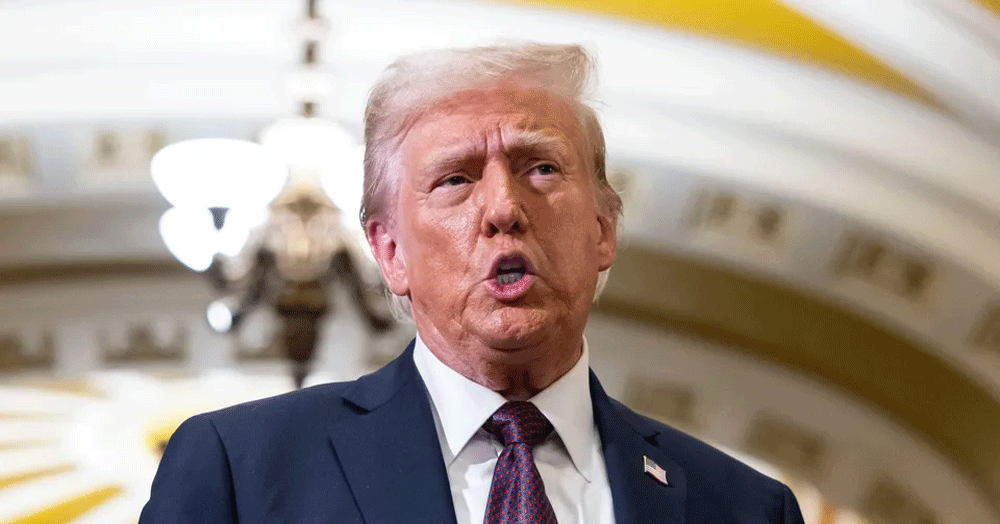

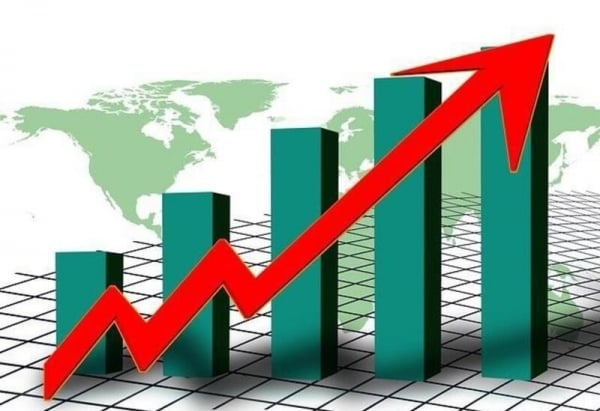







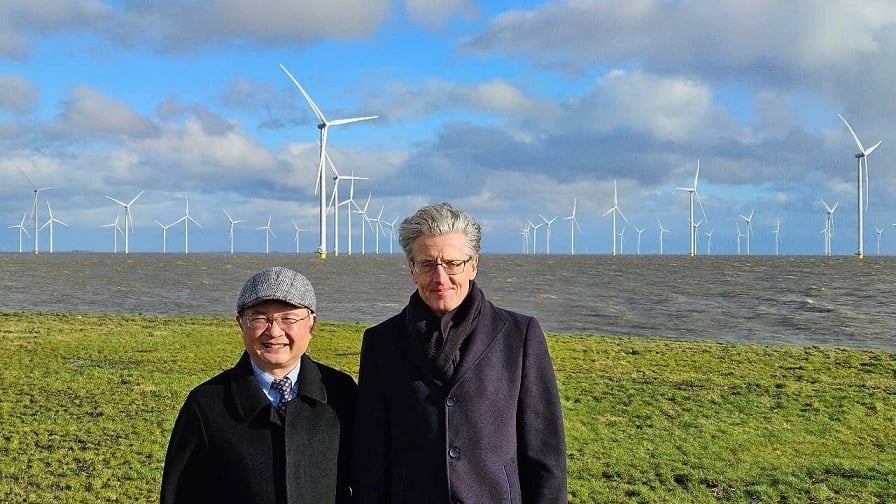
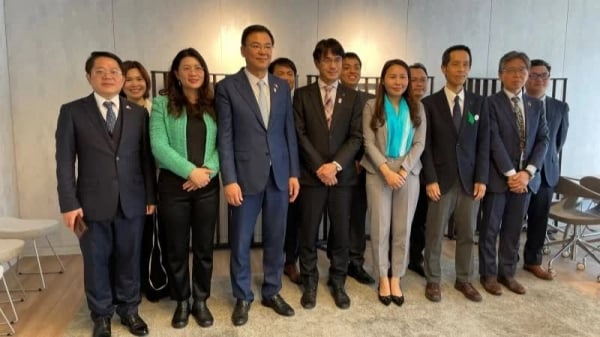

























































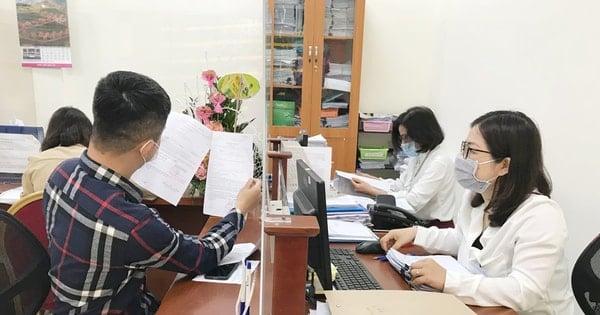







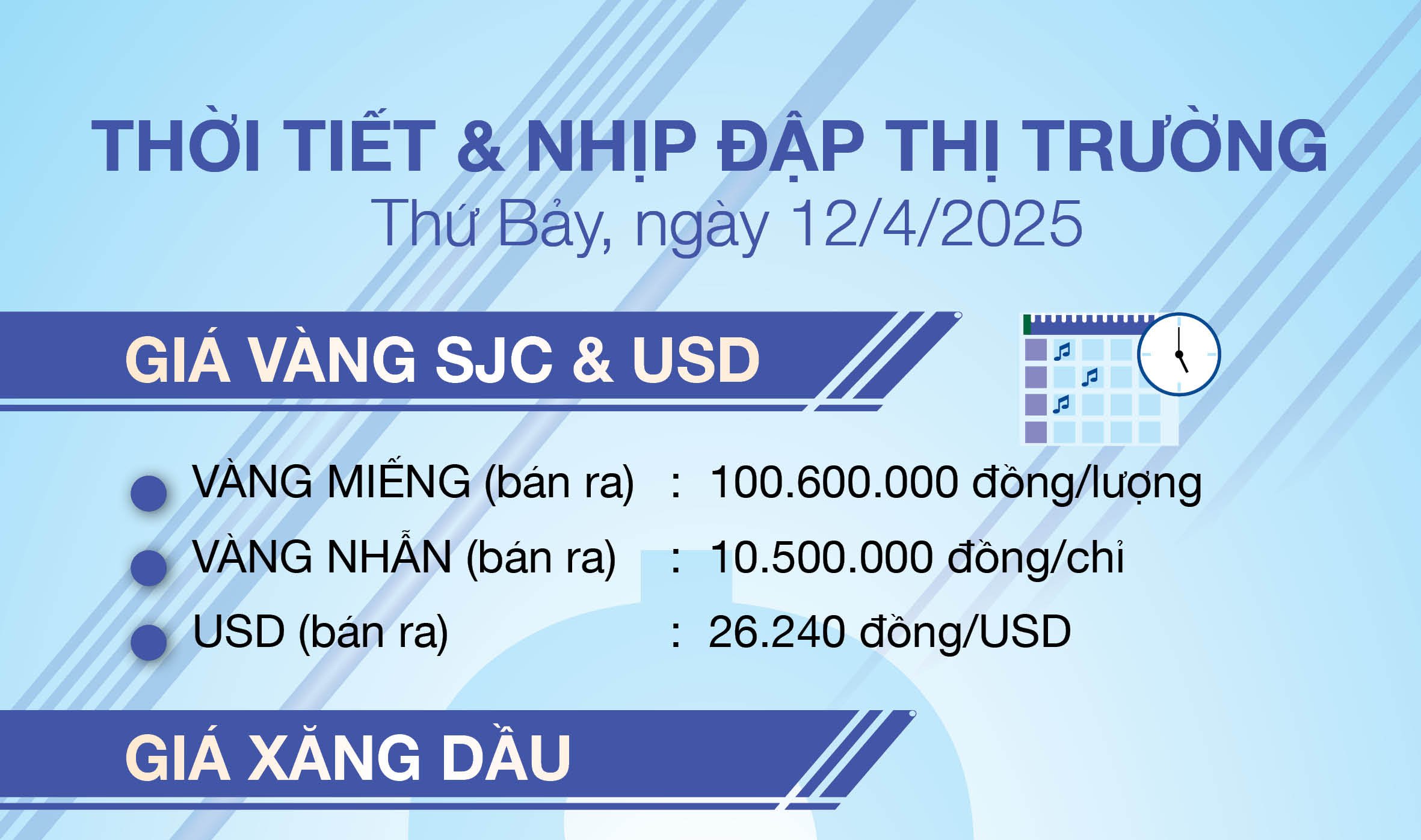












Comment (0)